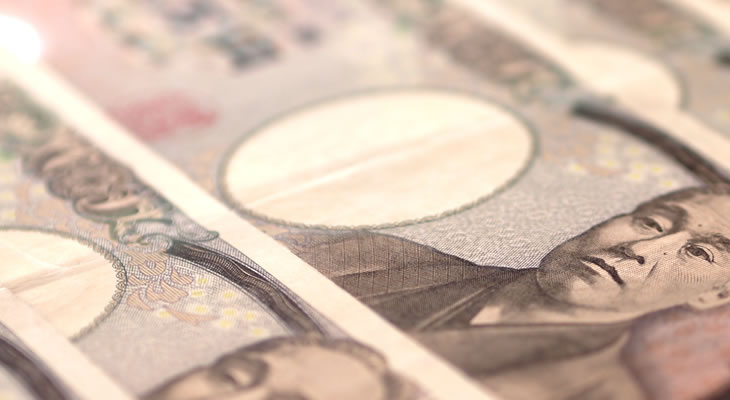Slowing UK Economic Activity could Trigger GBP/JPY Exchange Rate Slump
The Pound to Japanese Yen exchange rate is at risk of declining in the near-future, when UK GDP growth data is released on 29th March.
The finalised readings for Q4 2017 are tipped to show a slowdown from 0.5% to 0.4% on the quarter, as well as an annual dip from 1.8% to 1.5%.
Both results could lower confidence in the Pound, as it would represent a poor close to the end of the previous year.
Sliding UK PMI Readings could Worsen Future GBP/JPY Losses
Other upcoming data releases that could weaken the Pound in the future include PMI activity readings, spread from 3rd April to 5th April.
While construction and manufacturing activity levels are tipped to have risen in March, a services sector slowdown could trigger GBP/JPY losses.
Chance of Japanese Yen to Pound Exchange Rate Decline on Rising JP Unemployment Rate
The Yen could slide against the Pound in the coming week, when Japanese unemployment rate data for February will be released.
The reading on 29th March is predicted to show a rise from 2.4% to 2.6%; this would be a step back after unemployment levels dropped from 2.8% to 2.4% in January.
2.6% unemployment would still be an enviably low level compared to other nations, but the danger of it being the start of progressive losses may damage the Yen.
Trouble for PM Shinzo Abe could Risk Yen to Pound (JPY/GBP) Exchange Rate Crash
A less concrete factor that could have an influence on the Yen to Pound exchange rate (JPY/GBP) will be the stability of current Prime Minister Shinzo Abe.
Although Mr Abe has largely governed without incident, a recent scandal has threatened his previously unassailable position.
This has been the issue of a nationalistic company buying land to build a school in 2016, seemingly at a large discount via association with Mr Abe’s wife, Akie Abe.
Another issue that risks reducing confidence in Mr Abe’s leadership is the fact that the US is enacting trade tariffs against Japan.
US President Donald Trump is also poised to meet with North Korean leader Kim Jong-un, while Japan has been hostile against North Korea for its missile activity.
The risk of being sidelined on the global stage by the US is a pressing concern for Mr Abe, and may factor into any new policies or international meetings going ahead.
Mr Abe has served as Prime Minister since 2012, and has been re-elected because of perceptions about his stable, guiding hand on the Japanese economy.
If Abe does find himself on the ropes in the coming months then the Japanese Yen to Pound exchange rate (JPY/GBP) could fall sharply.


Comments are closed.